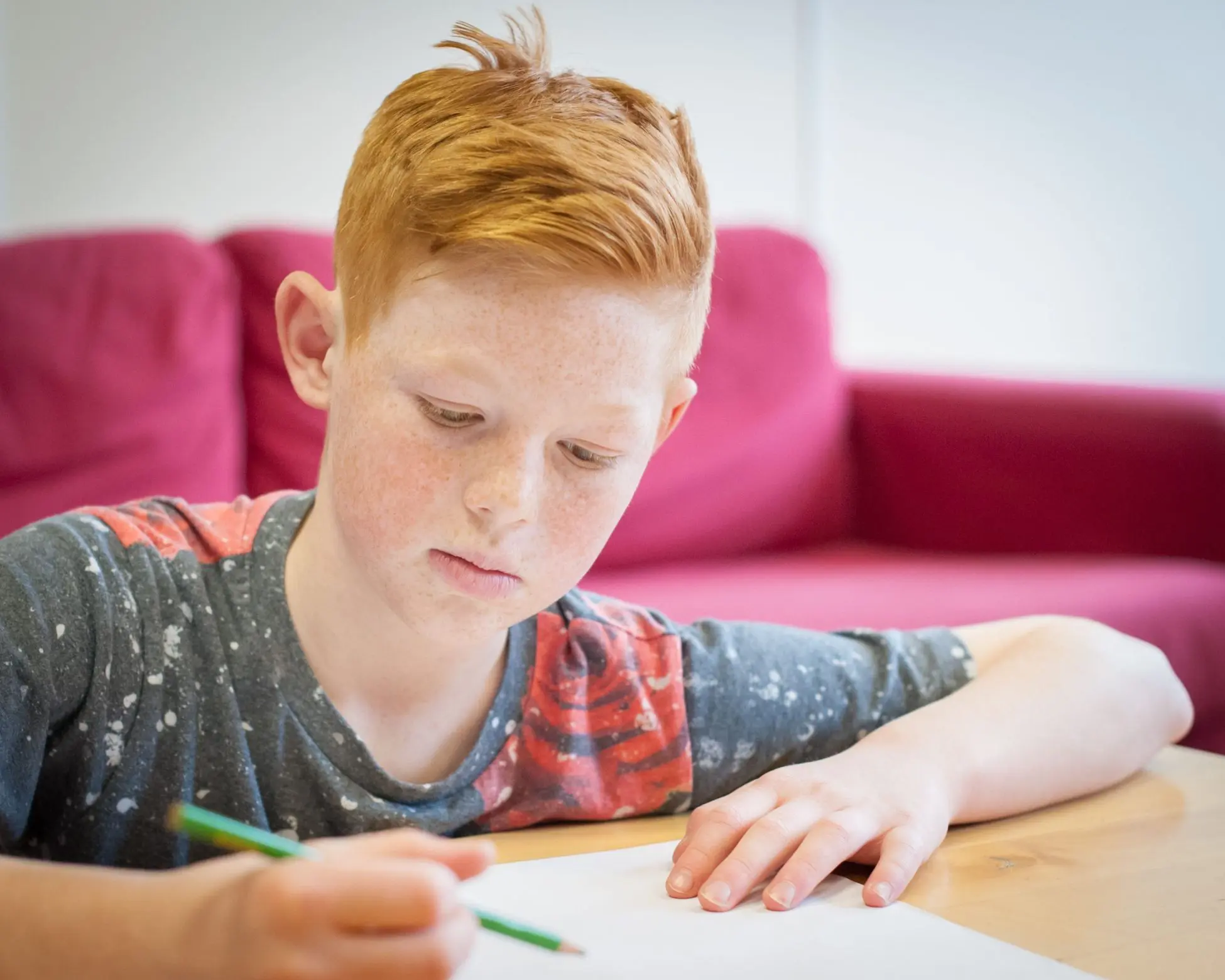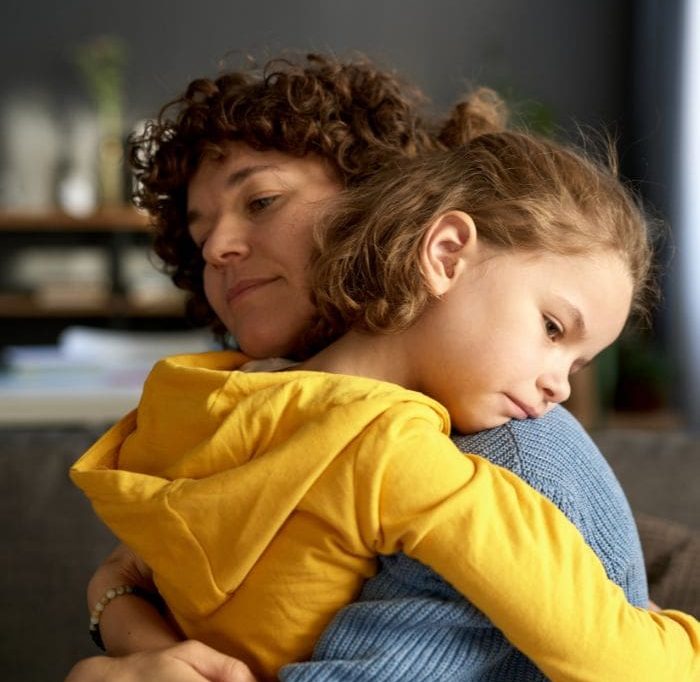Bereavement support for military families
We provide support for bereaved children, young people and their families with a military connection.

Support for bereaved military families
When a child or young person is bereaved in a family with a military connection, they may need additional support above and beyond their family, friends and military networks. Whether that death occurred while on active service or as a result of an accident, illness, suicide or murder while home on leave, it is devastating for a child or young person. Below is some information and guidance on how to support and talk to children about a death and coping with grief and what support Winston’s Wish can offer bereaved military families.

Supporting children after a military death
Any sudden death is a devastating event for children. When the death is that of a member of the Armed Forces there are additional factors to consider, such as the traumatic nature of a death in a combat situation, intense media interest, repatriation, an inquest and a service inquiry. If a person has been on active service or deployed elsewhere, it may be difficult for a child to comprehend that they won’t be coming home as usual. It’s natural to want to spare your children from learning how the death happened, however, it will soon become public knowledge and it’s better that they hear the facts from you. Nothing you can say will make it worse – the worst has already happened.
How to get bereavement support
Thanks to funding from Help For Heroes, Winston’s Wish has supported many military families after a death. Our experienced Helpline team can offer advice, guidance and support to bereaved military families. Contact us by:
- Call: 08088 020 021
- Email: ask@winstonswish.org
- Use our online chat
- For out of hours mental health support, text WW to 85258 to speak with someone from our trusted partner, Shout. For urgent support in a crisis, please call 999.

Advice and resources from our team
Explaining a death in service to children
There is no set way to tell a child something as difficult as the fact that someone they know has died, but our team offers some guidance on finding the right words to explain to a child in an age-appropriate way.
Ways to remember someone who has died
As well as anniversaries and birthdays, there are public days, like Remembrance Sunday, when military families might want to remember the person who has died. Here are some suggestions for activities.
The Family Has Been Informed
Our specialist book offers practical guidance for military families after someone has died. It includes activities and resources to help parents, carers and professionals in the immediate days and weeks following a bereavement.
Supporting children after a traumatic death
When a death is sudden or traumatic, it can be difficult to take in and make sense of what has happened. Our team look at how a child or young person might react and ways you can help to support them.
How to answer difficult questions about a death
Children and you people will often have lots of question after the death of someone close to them and some of those questions might be difficult to answer. Our team look at how you could answer those questions.
Should children attend a funeral?
Some families believe that children should not attend a funeral or other memorial, however, it can help them to begin to accept what has happened and to say goodbye. Most of all, they value the chance to choose.







